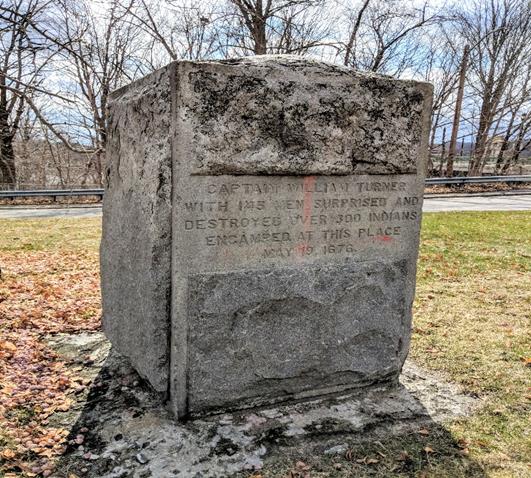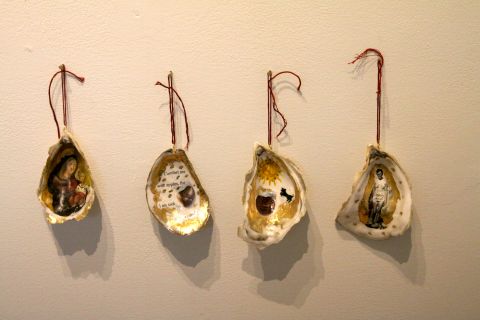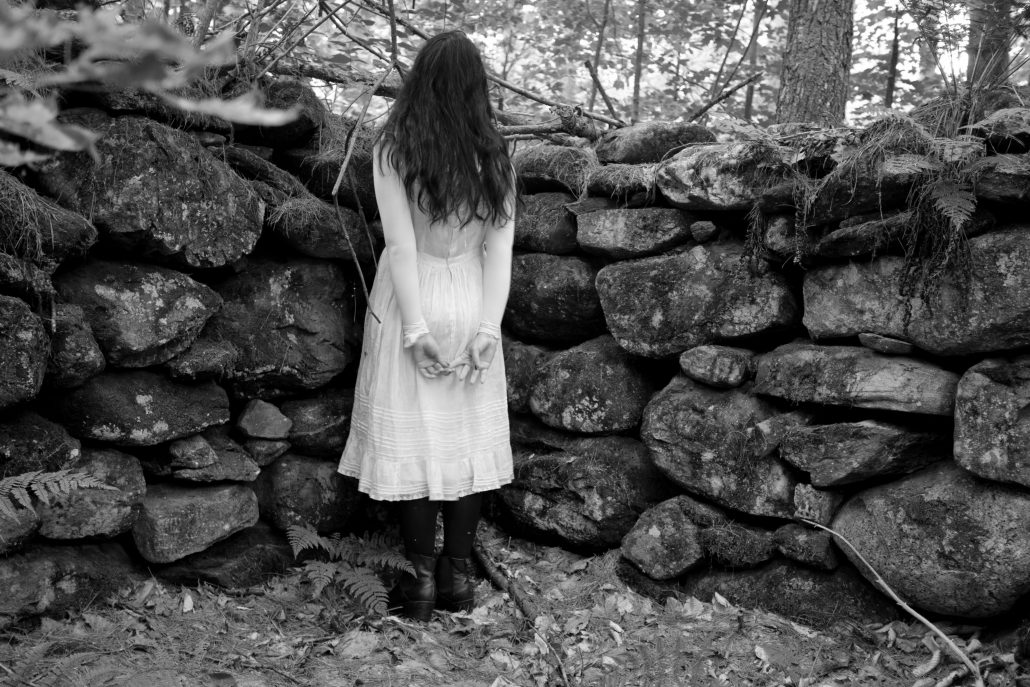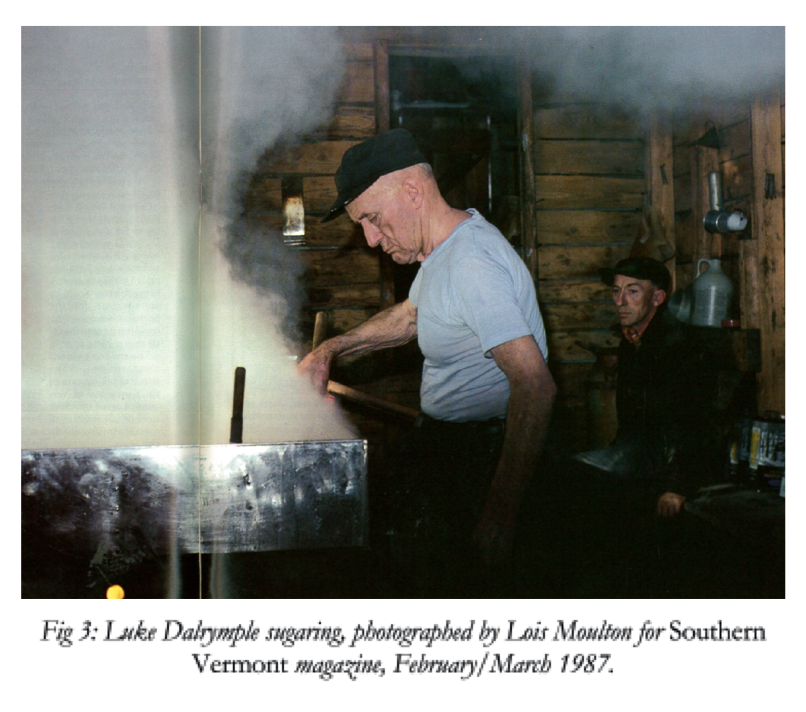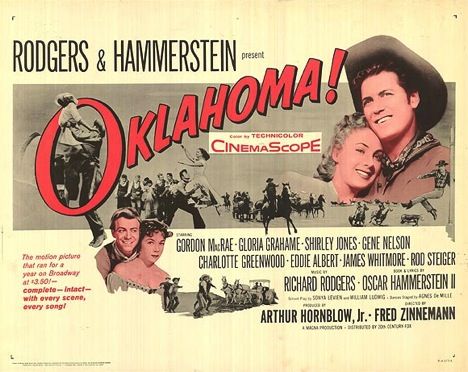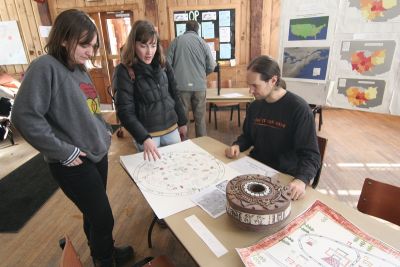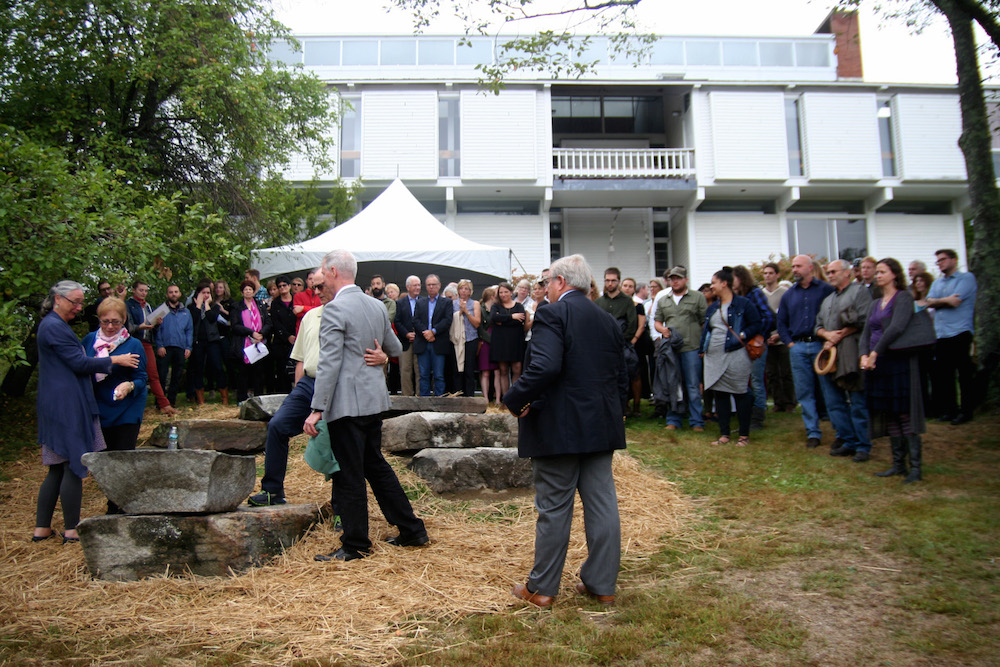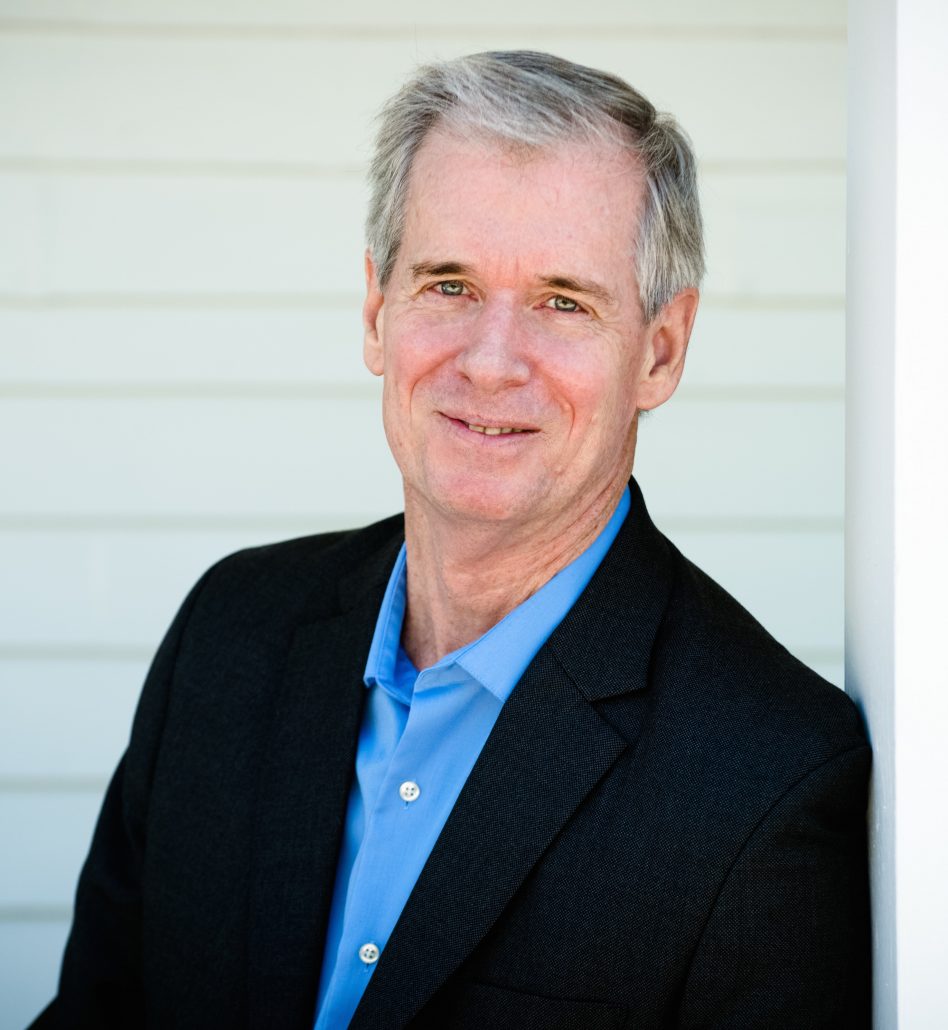Kate Ratcliff
Fields
American Studies
Gender Studies
Education
B.A., Colgate University, 1980
M.A., University of Minnesota, Ph.D., University of Minnesota, 1989
University of Minnesota Doctoral Dissertation Fellowship, 1987 – 1988
At Marlboro Since
1989
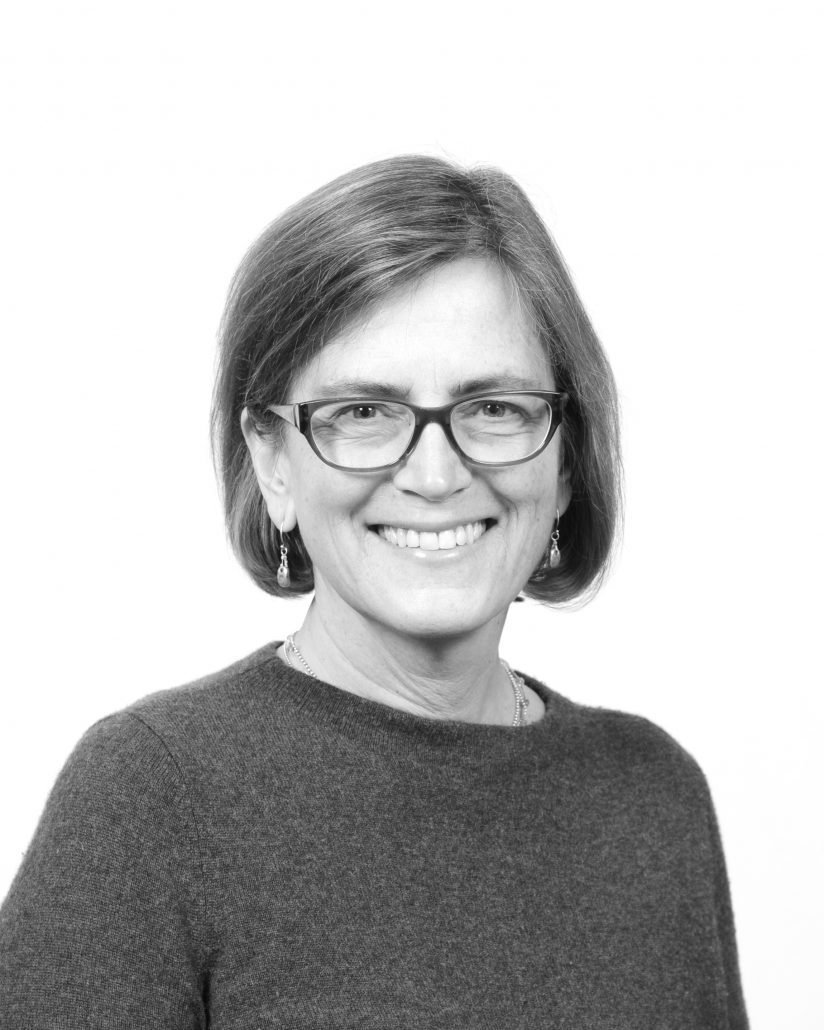
When Kate Ratcliff was finishing her doctorate in American studies at the University of Minnesota she wanted to find a position where teaching was the institutional priority and where faculty members were encouraged to teach broadly. “My faculty mentors told me the college I dreamed of did not exist,” says Kate. “They did not know about Marlboro.” Kate’s teaching ranges from the Puritans to Punk rock, and she team-teaches courses with colleagues in the visual arts and natural sciences. Kate observes: “At Marlboro, I have grown as a teacher, academic and community member in ways I could not have imagined. The opportunity to follow my own evolving passions and to learn from and along side students and colleagues has made the past thirty years a rich and wondrous journey.”
Teaching Philosophy
The central idea I try to convey in all my courses is that “America” is by definition a contested concept marked by issues of power and inequality. I want students to appreciate the diversity of the United States, especially in terms of race, ethnicity, class and gender, and to grapple with the profound tension in U.S. national identity between an ideal of inclusion based on a shared commitment to the principles of freedom, equality and democracy, and ongoing patterns of exclusion that have limited those ‘universal’ entitlements to particular groups of people. I also want students to appreciate the complex intersections of past and present, the shaping power of space and place, and the critical importance of context in understanding the world.
While these are central ideas I want to convey in my teaching, ultimately the most valuable thing I can offer students is my commitment to helping them frame and pursue their own questions and arguments and to creating a supportive, open space for the robust exchange of ideas. Marlboro is the perfect academic environment for this work. As a teacher, I help students give voice and form to their academic passions. In the classroom we work together to develop strategies for co-creating a learning community where all students can thrive. This involves being able to recognize one’s own subject position and think critically and creatively about the experiences of others. Incorporating community-based learning and public engagement into my classes has offered a powerful way of encouraging self-reflection.
Scholarly Activities
Kate’s doctoral work is a study of the rise of the American suburb and the emergence of a new middle class culture in the late 19th and 20th centuries, examining changes in family life and gender roles during the transition from the Victorian Age to a secular, consumer-oriented society. She was one of three finalists for the national Gabriel Prize for the best dissertation in American Studies, and was awarded a National Endowment for the Humanities summer stipend. Kate has enjoyed giving public lectures over the years on topics ranging from immigration policy to Cold War American culture to suburban domestic architecture. Her most recent work focuses on issues related to aging and to the theory and practice of oral history.


